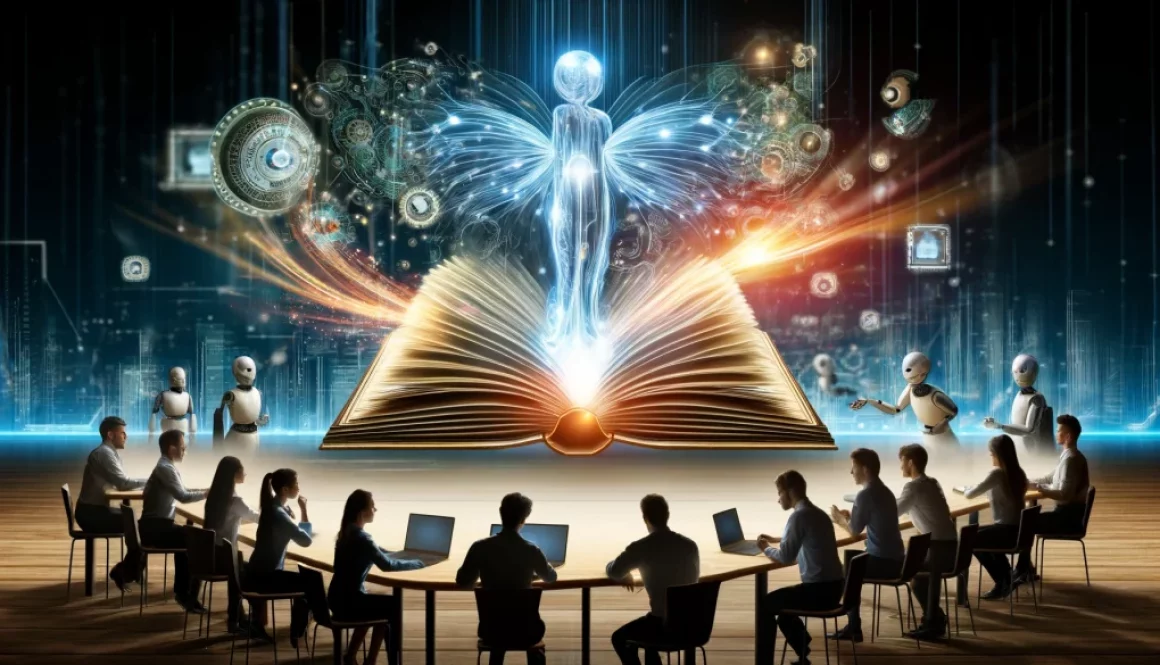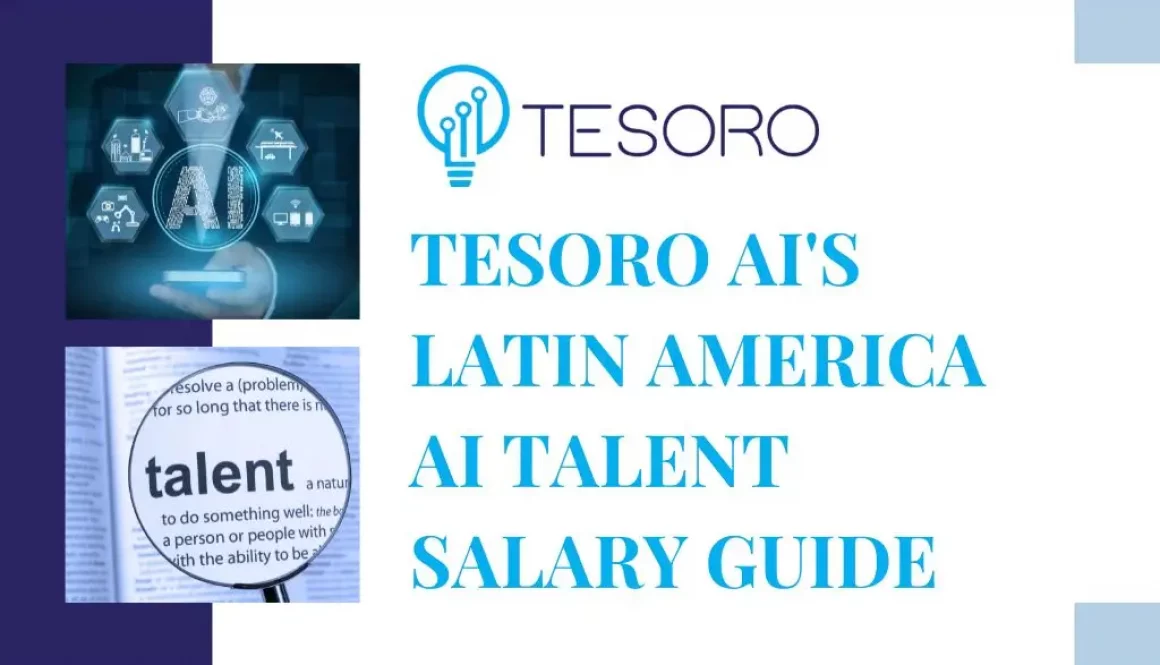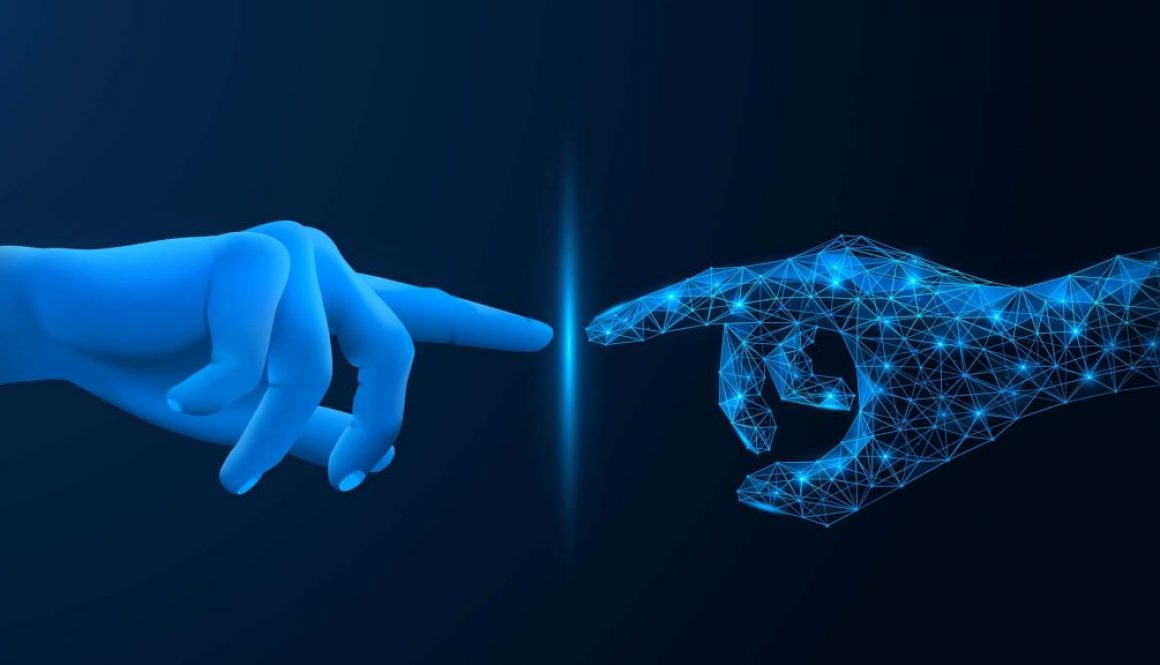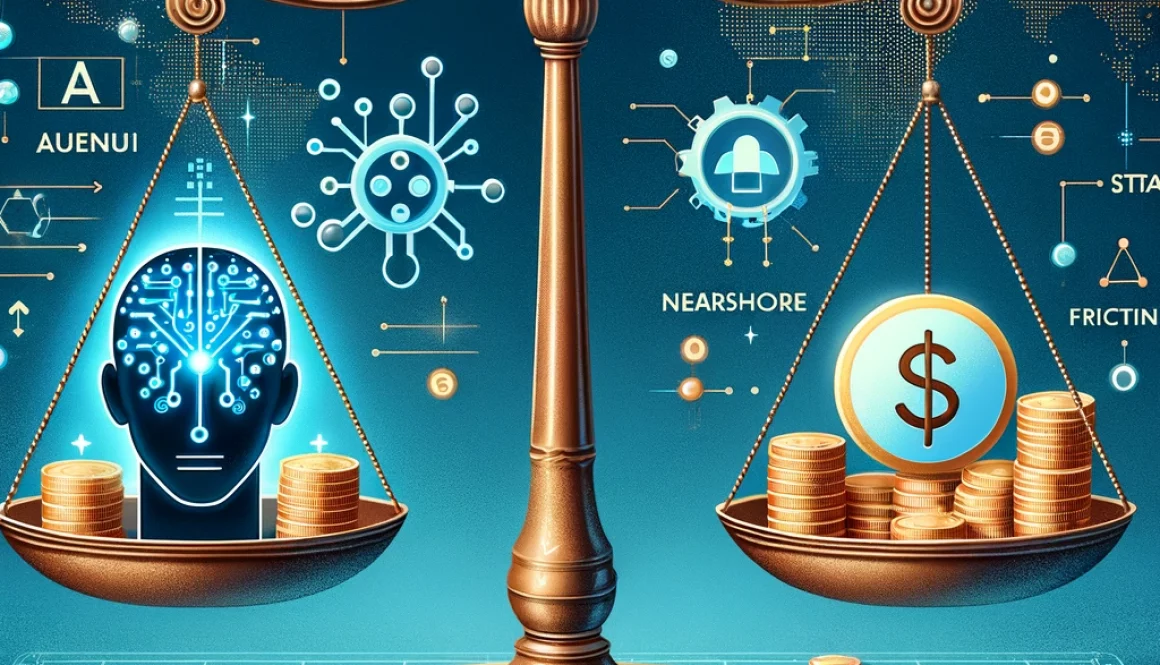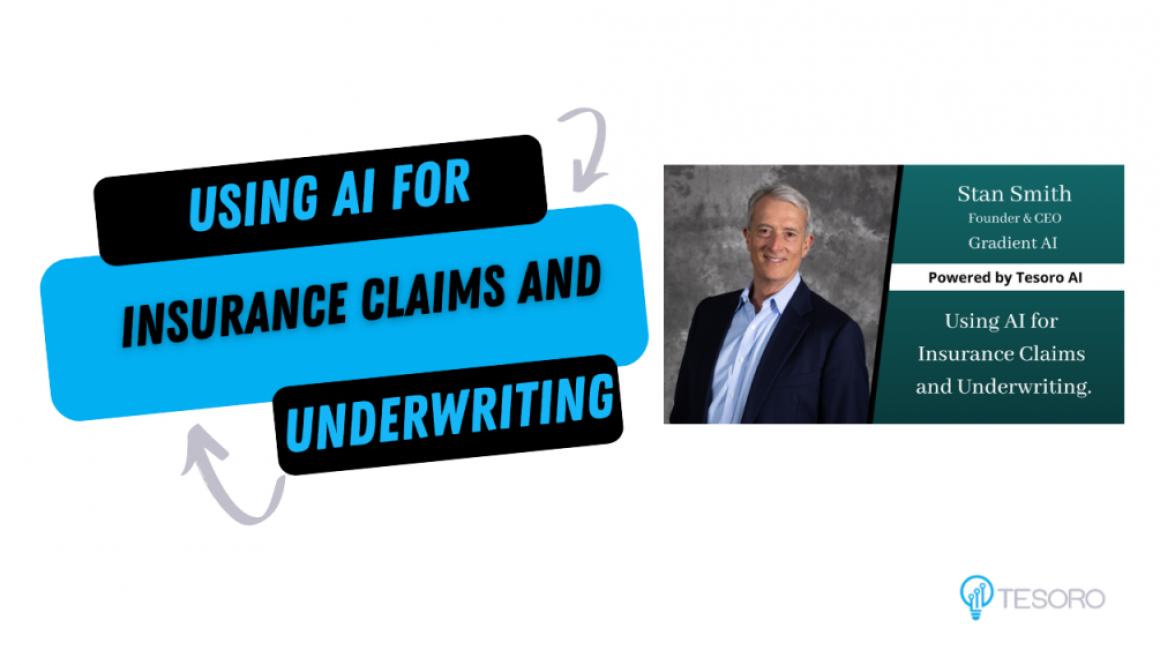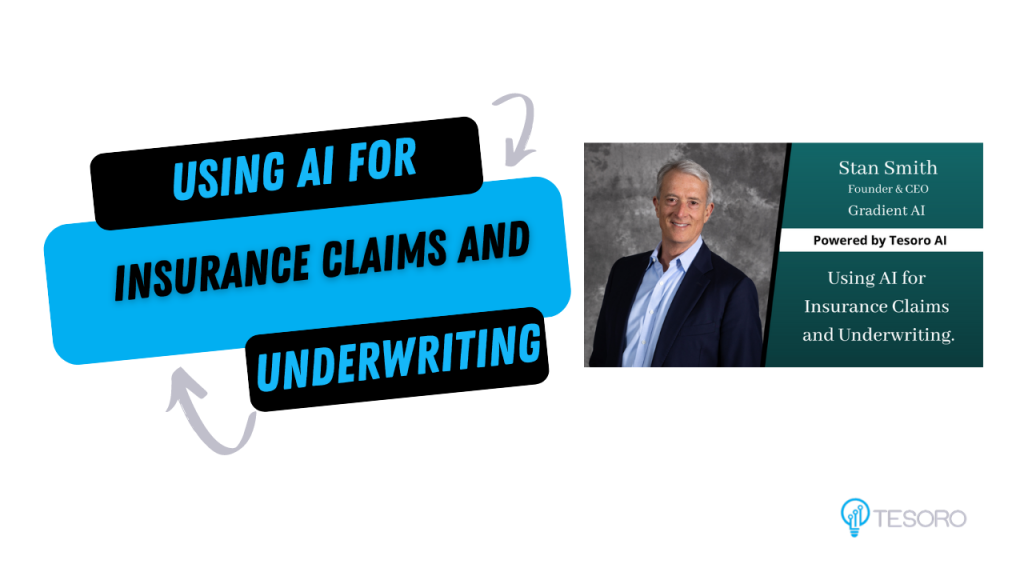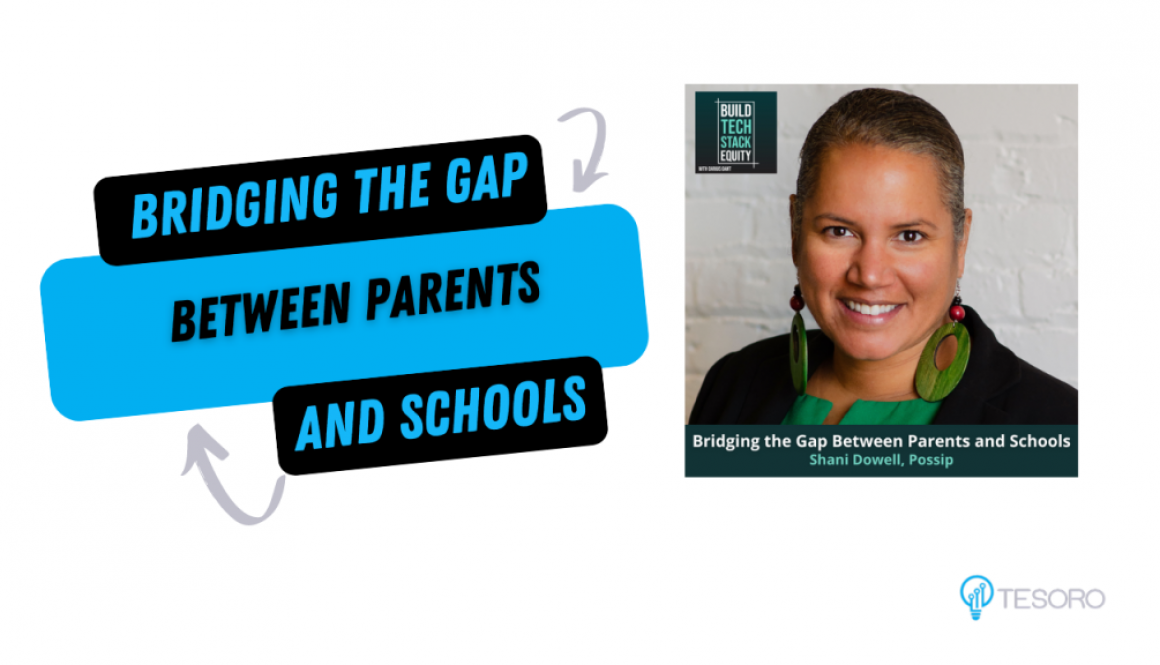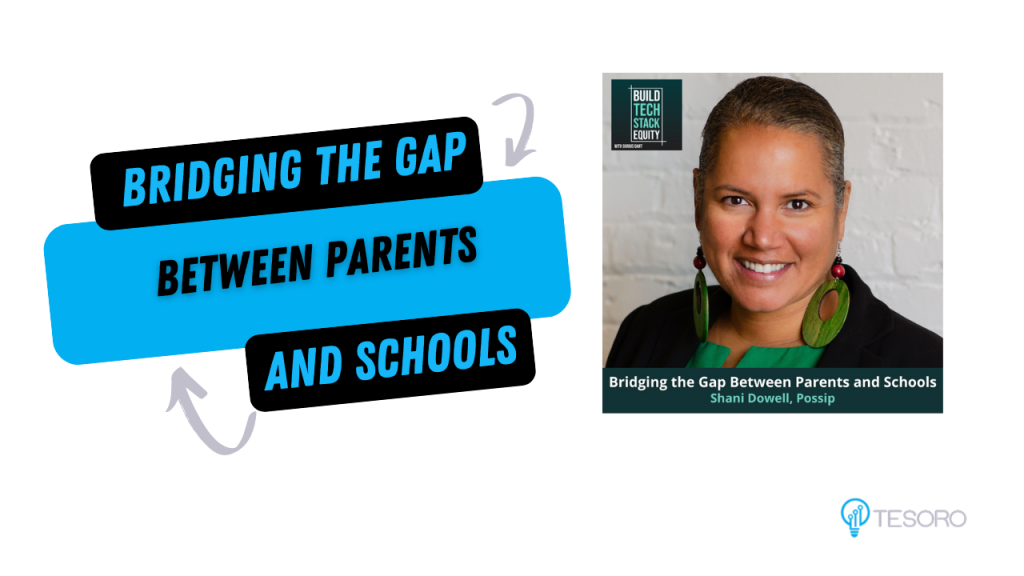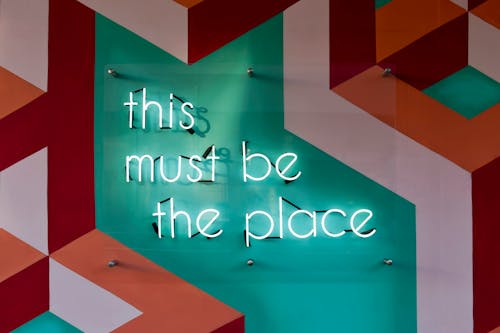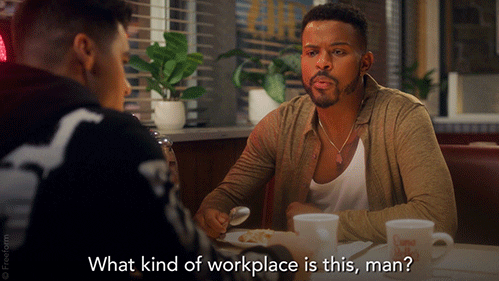AI Culture Fit Series: Continuous Learning as a Cornerstone of Team Compatibility
“We hired a rockstar Data Scientist with experience at Facebook. He passed our interview process with flying colors, so we were confident that he is technically capable of doing the job. Despite his technical prowess, there was a cultural disconnect that prevented him from performing to the level we expected.”
The technical skill set of AI professionals has become so coveted that AI teams may occasionally overlook the intangibles a candidate needs in order to have a net positive impact (or exponentially positive impact) on the specific AI team they are being hired into. Cultural fit is generally the biggest culprit.
Here are a few errors we commonly encounter in the process of hiring AI professionals:
- Core cultural values have yet to be established within the AI team
- The AI team did not properly communicate its cultural values in the interview process
- The candidate was never screened for cultural fit
- The AI team’s values/needs have changed and the hiring process was not updated accordingly
It’s no secret that AI professionals command premium salaries, but the cost of a mis-hire goes beyond compensation. Product deadlines, fundraising targets, and customer acquisition are all put at risk.
Skilled hiring managers understand that creating cultural alignment is critical to building a high-performing AI team, and is costly when not taken into consideration.
In the fast-paced world of artificial intelligence (AI), where teamwork, creativity, and ethical thinking are key, finding the right cultural fit becomes even more crucial. It’s not just about having the right technical skills – it’s about finding individuals who resonate with the cultural identity of our organization, share your company’s values, and are passionate about introducing transformation AI products into the market.
Assessing cultural fit for AI roles involves examining the candidate’s alignment with the organization’s unique cultural elements relevant to AI initiatives. This encompasses factors like a dedication to ethical AI practices, an enthusiasm for ongoing learning and innovation specific to AI, and a collaborative mindset essential for cross-functional teamwork and knowledge exchange within the AI context.
The Imperative of Continuous Learning for AI Teams
Continuous learning stands as a cornerstone for AI teams, particularly due to the rapid and relentless evolution of AI technology and methodologies. This necessity is twofold when deploying AI products, where the landscape is divided into teams deploying solutions with established AI frameworks and those venturing into uncharted territories requiring novel AI solutions.
Why Continuous Learning is Crucial:
- Keeping Pace with Technological Advancements: AI technology evolves at an unprecedented pace, with new algorithms, tools, and best practices emerging regularly. Continuous learning ensures that AI teams remain at the cutting edge, enabling them to leverage the latest advancements to enhance product efficacy and efficiency.
- Adapting to Changing Requirements: AI applications often operate in dynamic environments where requirements can shift rapidly. A culture of continuous learning equips teams to adapt swiftly to these changes, ensuring their solutions remain relevant and effective.
- Fostering Innovation: For teams working on novel AI challenges, a deep commitment to learning and exploration is essential. This not only involves understanding existing technologies but also developing new methodologies, which is pivotal for breaking new ground in AI applications.
Hiring AI Talent Based on AI Solution Requirements:
- Teams Deploying Established AI Solutions: These teams focus on applying proven AI frameworks and methodologies to solve problems where the A to Z building process is well-understood. The emphasis is on adaptability and the ability to efficiently integrate and optimize existing AI solutions within the product. Skills in software engineering, system integration, and operational optimization are key.
- Teams Tackling Unresolved AI Challenges: These teams are entrenched in areas where AI solutions are not yet defined, requiring a strong foundation in AI research, an innovative mindset, and a willingness to experiment. They operate at the frontier of AI, often in close collaboration with the academic community, and their work involves a significantly greater amount of trial and error, hypothesis testing, and original research. Skills in advanced mathematics, algorithm development, and domain-specific knowledge become crucial.
In both scenarios, the design of the AI team must align with the nature of the AI challenge at hand, emphasizing continuous learning as a non-negotiable trait to ensure both the adaptation of proven solutions and the creation of groundbreaking innovations in AI.
To ensure AI professionals thrive within specific team dynamics—whether in teams deploying established AI solutions or those navigating the frontiers of unresolved AI challenges—it’s essential to evaluate candidates’ soft skills and personality traits through an AI-centric lens. This nuanced approach involves an exploration into candidates’ behavioral characteristics and problem-solving styles, tailored to the unique demands of AI projects.
For Both Established AI and Unresolved AI Teams:
- Behavioral Interviews with AI Context: Use behavioral questions that reveal candidates’ experiences with AI projects. For instance, ask about a time they had to overcome data quality issues in a machine-learning model or adapt an AI project in response to unexpected changes in project scope or data.
- AI Team Role-Play Scenarios: Simulate situations specific to AI work, such as cross-functional collaboration for data gathering or ethics discussions around AI deployment. Observing candidates in these contexts provides insight into their fit within AI team dynamics.
- Psychometric Tests Tailored to AI: Choose or design psychometric assessments that highlight traits crucial for AI work, such as openness to new technologies, ethical considerations in AI, and resilience to the fast-paced evolution of AI fields.
Specific to AI Teams with Established Solutions:
- Structured AI Problem-Solving Exercises: Present candidates with problems that mirror real-world AI scenarios, such as optimizing an existing neural network for better performance or integrating a pre-trained model into a production environment. Assess their methodical approach and efficiency in navigating known AI landscapes.
- Process-Driven Collaboration Exercises: Evaluate how candidates interact in a team setting when implementing a well-defined AI project, emphasizing their ability to follow established AI workflows and effectively communicate with data engineers, data scientists, and business stakeholders.
Specific to AI Teams with Unresolved Solutions:
- Innovative AI Problem-Solving Challenges: Challenge candidates with open-ended AI problems, such as designing a novel approach to natural language understanding or developing a concept for AI in unexplored domains like environmental conservation. This assesses their creative thinking and comfort with AI innovation beyond established boundaries.
- Adaptability in Unstructured Environments: Through discussions about hypothetical cutting-edge AI projects—like developing AI for space exploration or creating ethical AI for social justice—gauge candidates’ ability to navigate uncertainty and their enthusiasm for pioneering new AI solutions.
Tools and Techniques with an AI Twist:
- AI Peer Interviews: Incorporate sessions where candidates discuss AI trends, share opinions on recent AI breakthroughs, or collaborate on a small AI problem-set with potential teammates, offering a real taste of day-to-day interactions and problem-solving approaches within the team.
- Case Studies Reflecting AI Challenges: Use case studies that represent complex, real-world AI scenarios, such as deploying AI in healthcare for predictive diagnostics or tackling fairness and bias in AI algorithms, to provoke critical thinking and innovative solutions.
- Feedback from AI Collaborative Projects: When possible, gather insights from individuals who have previously worked with the candidate on AI projects, focusing on their contributions to innovative solutions, teamwork in AI environments, and adaptability to the evolving AI landscape.
We’ve explored the critical role of cultural fit in AI recruitment, emphasizing continuous learning as a key component. Successful AI professionals thrive not only on technical skills but also on the ability to continuously adapt and grow within the team’s culture.
As part of a series on cultural fit, this article highlights the importance of aligning individual growth with team values, ensuring that AI teams remain dynamic and innovative. For recruiters, the takeaway is clear: prioritize both technical excellence and a commitment to continuous learning to build resilient and forward-thinking AI teams.

